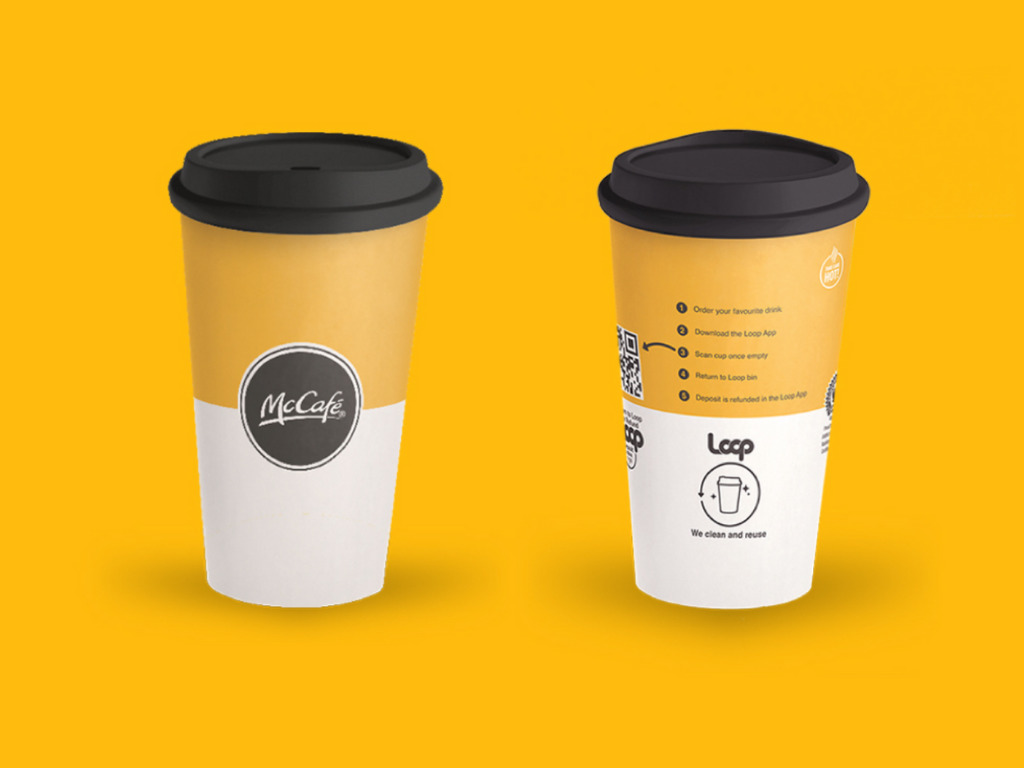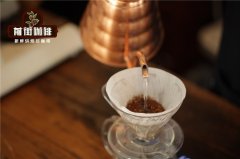Analysis of McDonald's Hot Coffee Burn lawsuit case of sky-high price compensation changes the way McDonald's coffee is heated
Remember the hot coffee lawsuit? It changed the way McDonald's always heated coffee. Whether you know it or not, let's review the whole process of the case together today!
facts of the case
On February 27, 1992, Stella Liebeck, a 79-year-old woman, sat in the passenger seat of her grandson's Ford Probe and ordered a great value meal at a McDonald's drive-in window in Albuquerque, New Mexico. With no cup holder and a sloping interior surface, her grandson Christopher Tiano parked the car in a parking space after receiving the order.
"I wanted to take the lid off the coffee and put cream and sugar in it, so I put the cup between my knees to stabilize it off the top." Coffee was then spilled on Liebeck's knees, causing second-and third-degree burns to more than 16 percent of her body. She went into shock and was hospitalized for a week and underwent multiple skin grafts.

Why did Liebeck decide to sue?
When Liebeck's medical expenses exceeded $10,000, she contacted McDonald's and asked for reimbursement. "We couldn't believe that spilled coffee could cause such damage," Liebeck's daughter Judy Allen said in a 2013 documentary about the case,"Media Burn." "We wrote a letter to McDonald's asking them to check the temperature of the coffee and reimburse medical expenses."
That's when Liebeck contacted a lawyer. After an unsuccessful attempt at an out-of-court settlement, Liebeck sued McDonald for $125,000, claiming physical and mental pain, suffering and loss of enjoyment of life. Her argument: because the coffee is too hot
At the time, McDonald's required its franchisees to brew coffee at temperatures of 195 to 205 degrees Fahrenheit and sell it at temperatures of 180 to 190 degrees Fahrenheit, which is far warmer than coffee made by most home coffee machines.
What happened in court?

During the trial, Liebeck's surgeon, David Arredondo, MD, told jurors that fluids at that temperature could cause very severe burns if they were in contact with skin for more than a few seconds. "If we're lucky, it causes second-degree burns," he said. "If you're not so lucky, you'll get third-degree or full-thickness burns that require skin grafts and surgery.
McDonald's has reason to require its coffee to be served at that temperature-it tastes better, according to the Wall Street Journal. Coffee experts assured the company that "high temperatures are required to fully extract flavor during brewing."
McDonald's representatives said Liebeck was responsible for holding the cup between his legs. They said she should have taken off her clothes immediately as soon as she spilled coffee. Most importantly, her age may have played a role in the severity of her wounds, as older people have thinner skin and are more vulnerable to injuries.
However, McDonald's has received more than 700 complaints about burns from hot drinks over the past decade. The defense countered that the number of complaints was statistically insignificant given that McDonald's sells billions of cups of coffee a year. Their opinions seemed to bore jurors.
"There's a person behind every number, and I don't think the company is paying enough attention to that," juror Betty Farnham told The Wall Street Journal.
After seven days of testimony and four hours of deliberation, jurors sided with Liebeck. They awarded her $200,000 in damages. But because she caused the leak, they reduced the amount to $160,000. The jury then awarded her $2.7 million in punitive damages, which they concluded was equivalent to two days of McDonald's coffee sales. The total was $2,735,000 higher than Liebeck's claim. "The only way to get big corporations 'attention [is] punitive damages against them," juror Marjorie Getman said. "And we think it's a very small punitive damages."
Important Notice :
前街咖啡 FrontStreet Coffee has moved to new addredd:
FrontStreet Coffee Address: 315,Donghua East Road,GuangZhou
Tel:020 38364473
- Prev

2021 SCAJ World Fine Coffee Association and Exhibition SCAJ Coffee event featuring baristas Competition
Name SCAJ World boutique Coffee Conference and Exhibition 2021 SCAJ World boutique Coffee Conference and Exhibition 2021 theme connected Sustainable Future Conference 2021 (Sunday) 17 (Sunday) to 19 November (Sunday) opening hours 10:00-17:00 (to 16:00 on the last day) venue Tokyo International Exhibition Center Qinghai Exhibition Hall A display ratio is expected
- Next

Drinking coffee can reduce the risk of heart failure. Correlation between caffeine and reduced risk of heart failure.
A meta-analysis just published in the Journal of the American Heart Association found that drinking one or more cups of caffeinated coffee a day was associated with a significantly lower risk of heart failure. The analysis covered three major medical studies involving more than 21000 adults, each of which was followed up for 10 years. A study shows that having at least one drink a day can
Related
- Detailed explanation of Jadeite planting Land in Panamanian Jadeite Manor introduction to the grading system of Jadeite competitive bidding, Red bid, Green bid and Rose Summer
- Story of Coffee planting in Brenka region of Costa Rica Stonehenge Manor anaerobic heavy honey treatment of flavor mouth
- What's on the barrel of Blue Mountain Coffee beans?
- Can American coffee also pull flowers? How to use hot American style to pull out a good-looking pattern?
- Can you make a cold extract with coffee beans? What is the right proportion for cold-extracted coffee formula?
- Indonesian PWN Gold Mandrine Coffee Origin Features Flavor How to Chong? Mandolin coffee is American.
- A brief introduction to the flavor characteristics of Brazilian yellow bourbon coffee beans
- What is the effect of different water quality on the flavor of cold-extracted coffee? What kind of water is best for brewing coffee?
- Why do you think of Rose Summer whenever you mention Panamanian coffee?
- Introduction to the characteristics of authentic blue mountain coffee bean producing areas? What is the CIB Coffee Authority in Jamaica?

